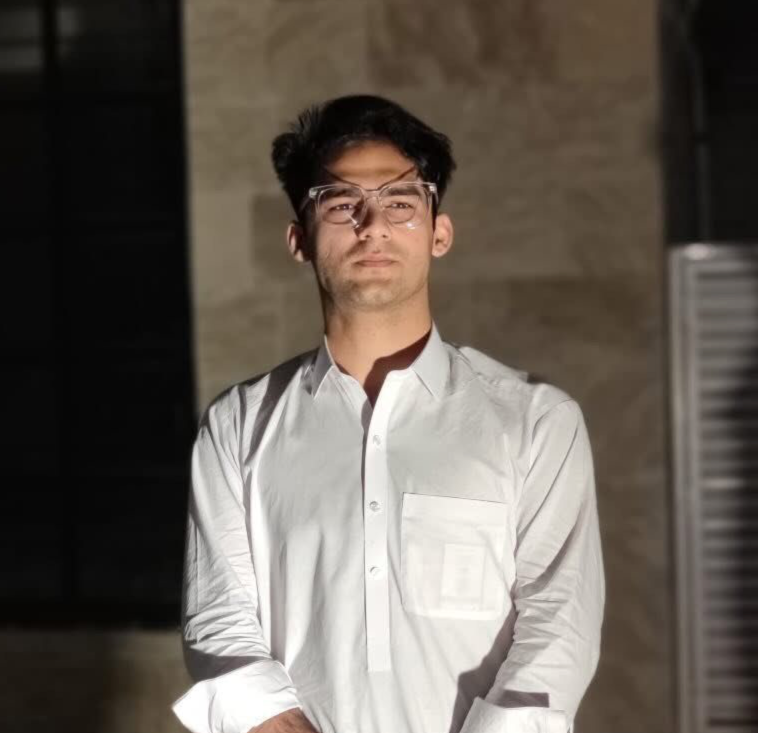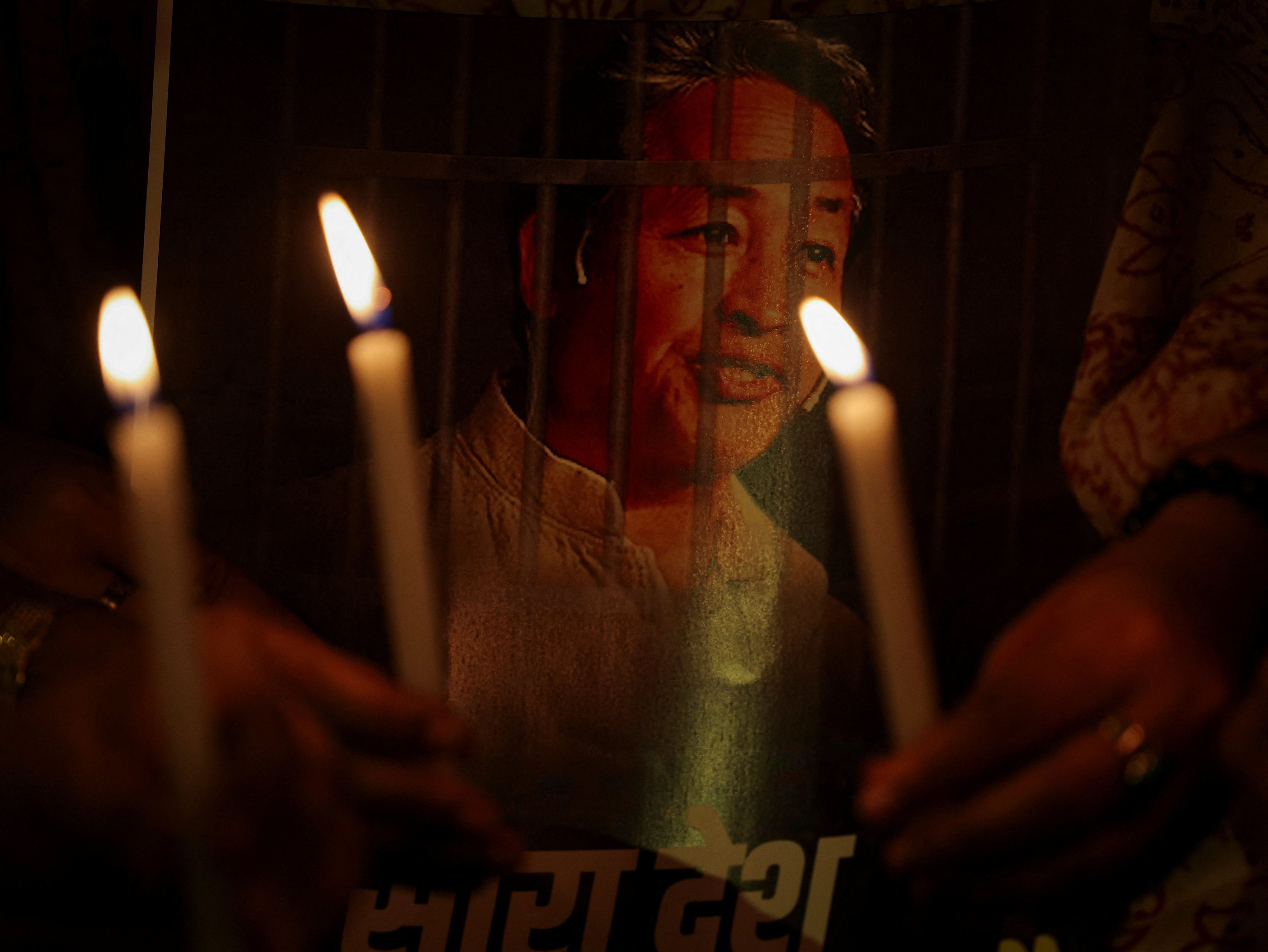ISLAMABAD: Once hailed as a national hero and innovator, Sonam Wangchuk, the celebrated climate activist and education reformer from Ladakh, now sits in a high-security Rajasthan jail, accused of inciting unrest and acting against the Indian state.
Just six years ago, Wangchuk publicly thanked Prime Minister Narendra Modi for granting Ladakh union territory status after the revocation of Article 370 and 35-A, which stripped Indian occupied Kashmir of its autonomy. For many in Ladakh, it seemed a step toward recognition. Today, it feels like betrayal.
On September 26, Indian authorities arrested Wangchuk, transferring him over 1,600 kilometers from his home to Jodhpur Central Jail under the National Security Act (NSA). A law that allows detention without trial for up to a year.
He was accused of “instigating violence” during protests in Leh that left four people dead and the local BJP office in flames.
The government has gone further, alleging that Wangchuk attempted to trigger an “Arab Spring–style movement” to destabilize India, and even that he acted “under Pakistan’s influence.”
But his real “crime,” supporters say, was staging a peaceful hunger strike demanding constitutional protections and environmental safeguards for Ladakh, one of India’s most vulnerable and militarized regions.
Despite condemning the violence and urging protesters to stay nonviolent, Wangchuk now faces charges typically reserved for terrorists. His arrest raises a stark question for India’s democracy: why is an environmentalist being treated as a threat for asking for rights?
From innovator to inmate
Wangchuk co-founded SECMOL in 1988, revolutionizing education in Ladakh. His Operation New Hope program raised school pass rates from 5% to over 70%. He designed solar-heated military tents for soldiers in Siachen and Galwan, reducing fuel needs in sub-zero conditions.
His innovations inspired Aamir Khan’s character “Phunsukh Wangdu” in 3 Idiots, and earned him the Ramon Magsaysay Award (2018) and the Rolex Award for Enterprise (2016) for his Ice Stupa, an artificial glacier that conserves water in the high Himalayas.
Once a national symbol of ingenuity and patriotism, Wangchuk’s transformation from celebrated reformer to accused subversive reflects India’s shrinking space for dissent.
The broader pattern
Wangchuk is not alone. Several former admirers of Modi’s leadership, from policy scholar Yogendra Yadav to ex-ministers Arun Shourie and Yashwant Sinha, have faced state pushback after criticizing the government’s centralization of power. Even Kiran Bedi, India’s first woman IPS officer and a one-time BJP campaigner, has publicly distanced herself from party rhetoric.
What lies ahead
Authorities say investigations into the Ladakh protests continue. Protest groups, meanwhile, are demanding Wangchuk’s release and an independent inquiry.
For many in India, the case has become symbolic, not just of Ladakh’s struggle for rights, but of a deeper question echoing across the country: when did asking for democracy become a crime?
.jpg)






